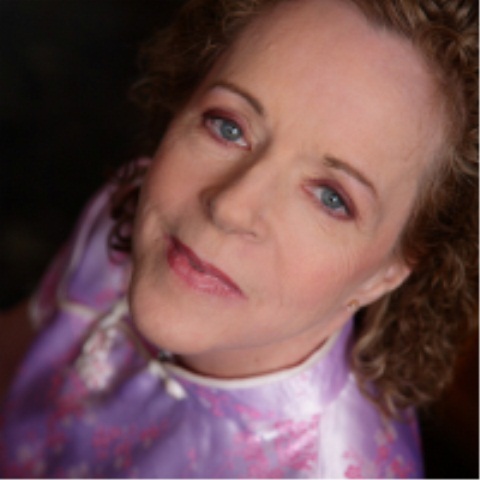AARP Hearing Center

(This story is by Margie Culbertson, an AARP volunteer and freelance writer. Her photo is on the left.)
It has been confirmed. A tsunami is heading our way. The “Silver Tsunami,” the massive caregiver shortage we will experience in the future, is real. We know that Baby Boomers are the catalyst, the “volcanic activity” playing havoc in our waters, our society, which will bring the projected overwhelming wave, the need for caretakers, like never before.
In 2010, the caregiver-to-patient ratio was more than 7.2 to 1 caregivers for each 80 year-old. By 2050 all of the Baby Boomer generation will be 80-plus, and this ratio will drop to 2.9 to 1. The AARP Public Policy Institute recently released, "The Aging of the Baby Boom and the Growing Care Gap: A Look At Future Declines in the Availability of Family Caregivers." The impending critical shortage and its effect on our society is acknowledged by many organizations, including: Assisted Living Federation of America (ALFA); the American Health Care Association and National Center for Assisted Living (AHCA/NCAL); the Paraprofessional Healthcare Institute; and the U.S. Department of Labor Bureau of Labor Statistics.
The health care system is already overwhelmed by demands for geriatric care. The factors that contribute to this problem include: growing Alzheimer’s epidemic, massive number of Baby Boomer elder citizens, lack of caregiver training and support, and the resulting scarcity of qualified caregivers. Thus, the number of current caregivers (5.7-6.5 million in 2010) will not be able to keep up with the higher demand for caregiver services --- 4 million new workers will be needed by 2050.
Further, family caregivers have traditionally been the backbone of long-term care, 43.5 million unpaid caregivers according to the National Alliance for Caregiving (NAC) and AARP. Due to smaller family sizes, the divorce rate, and geographic relocation, the Baby Boomer generation may be less able to rely on their families for caregiving. Add to this, the fact that currently many aging Baby Boomers are taking care of their elderly parents, and an uncomfortable reality emerges. There is real doubt as to whether there will be anyone available to take care of them when the time comes.
The usual course of action, when facing an impending tsunami, is to find higher ground before the waves consume the area. Those who’ve survived a tsunami often realize, with hindsight, that they should have been more emphatic about the impending risk and gotten everyone to higher ground before the big wave hit.
Now is the time to act. Non-profit organizations, government agencies, and the private sector are busy: warning, preparing, and proposing solutions before the wave hits us with alarming force. Let’s hope we all take the higher ground and prepare to meet the challenge.
(To contact Margie, email her at humorandlife@gmail.com. Next month's article is Compassion: “Advocating for Caregivers: Not a Moment Too Soon”)































































